
5 Early Cancer Symptoms You Must Not Overlook
Cancer is often called the "silent killer"—not because it strikes suddenly, but because its early warning signs are often so subtle that people ignore them until it's too late. While not every symptom is a cause for alarm, certain changes in your body should never be overlooked. Recognizing these signs early could mean the difference between life and death. Here are 5 early cancer symptoms you must not ignore:
1. Unexplained Weight Loss
If you’re losing weight without dieting, increasing exercise, or making any lifestyle changes, it could be a red flag. While shedding a few pounds might seem like a welcome surprise, unintentional weight loss of 5 kilograms (10 pounds) or more could signal several types of cancer, including pancreatic, stomach, esophageal, or lung cancer.
This occurs because cancer cells can alter your body’s metabolism, using up more energy or releasing substances that break down fat and muscle. If you're dropping pounds for no clear reason, consult your doctor.
2. Persistent Fatigue
We all feel tired from time to time, especially in our fast-paced, overworked lives. But persistent, unexplained fatigue that doesn’t improve with rest can be an early symptom of cancer. This type of fatigue feels different—more like a deep exhaustion that interferes with daily activities.
Leukemia, colon cancer, and stomach cancer are just a few of the types associated with chronic fatigue. If you’re constantly drained despite good sleep and proper nutrition, it’s time for a medical check-up.
3. Changes in the Skin
The skin can be a mirror reflecting what's going on inside your body. Watch out for new growths, moles that change in size, shape, or color, or sores that don’t heal. These can all be early signs of skin cancer, including melanoma.
Also take note of yellowing of the skin or eyes (jaundice), excessive itching, or darkened patches of skin, which may point to liver or other internal cancers. Skin changes shouldn’t be dismissed as minor or cosmetic—your skin could be sounding an alarm.
4. Persistent Pain
Pain is your body's way of signaling that something is wrong. While most aches and pains are caused by injuries or lifestyle factors, persistent or unexplained pain—especially if it lasts more than two weeks—should not be ignored.
For example, a persistent headache could signal a brain tumor, chronic back pain could be linked to bone or ovarian cancer, and chest pain may relate to lung cancer. Pain alone doesn’t mean cancer, but ongoing, localized pain with no clear cause deserves attention.
5. Changes in Bowel or Bladder Habits
Everyone experiences occasional digestive issues. But if you notice long-term changes in bowel habits—such as constipation, diarrhea, narrow stools, or blood in the stool—it may indicate colon or rectal cancer. Likewise, difficulty urinating, blood in the urine, or frequent urges to urinate can be early signs of bladder or prostate cancer.
Don’t wait for symptoms to worsen. Early detection through simple screenings like colonoscopies or urine tests can be life-saving.
Conclusion:
Cancer doesn’t always arrive with a dramatic entrance. Often, it whispers before it roars. Paying attention to your body and recognizing subtle changes can lead to early diagnosis—and better outcomes. If you experience any of these symptoms persistently, don't delay. Listen to your body, seek medical advice, and don’t ignore the signs. Early detection saves lives.
News in the same category

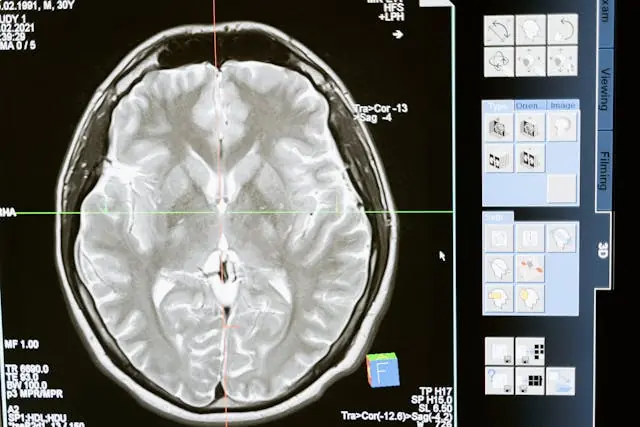
After Being Diagnosed With Dementia at 49, Man Realized The Subtle Red Flag in His Work That Made Him Realize Something Was Wrong

🌿 18 Reasons Why Oregano (Orégano Orejón) Should Be a Staple in Your Home
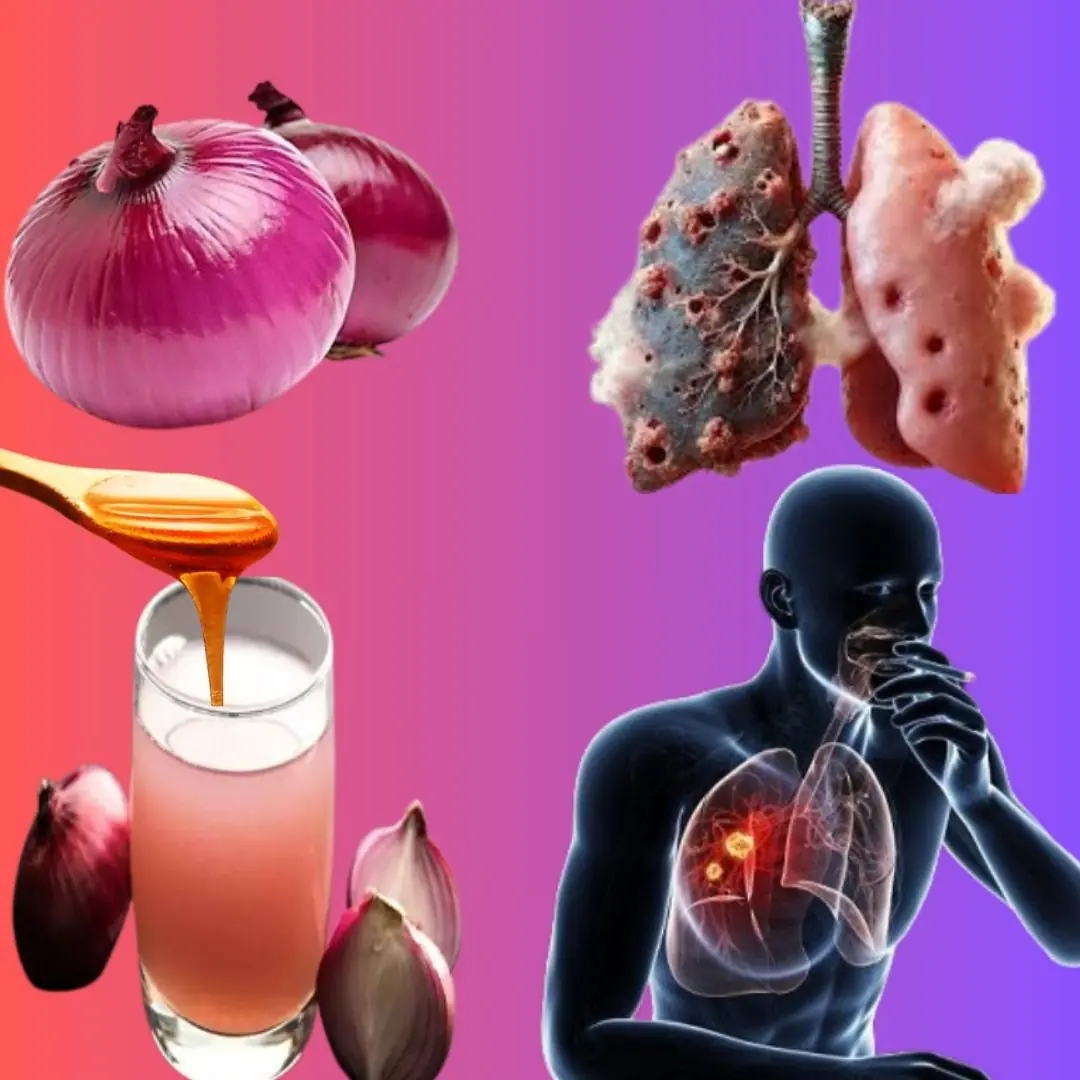
🌬️ Persistent Cough, Mucus Buildup, or Lung Congestion? Try This Powerful Natural Onion Remedy
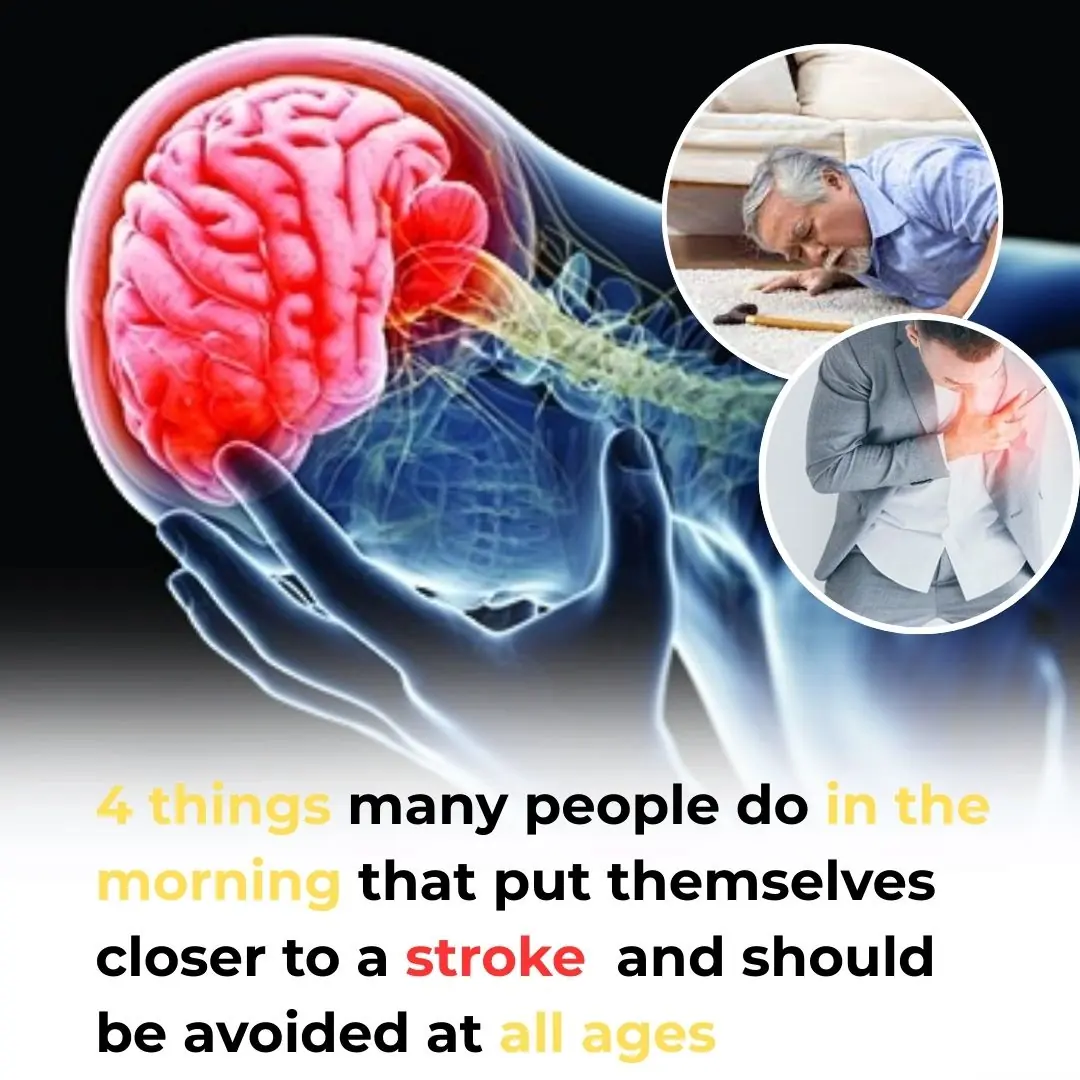
4 common morning habits that may increase your risk of stroke

This Herbal Tea Can Help with Diabetes, Liver Health, High Blood Pressure, and Poor Circulation

🍹 Boost Your Body Naturally: 6 Juice Recipes for Common Health Issues

Vitamin K Precursor Found to Target and Destroy Cancer Cells in Latest Research

Naturally Reverse Early Tooth Decay: 6 Proven Tips to Strengthen Enamel and Fight Cavities!

The Beauty Benefits of a Coffee and Vaseline Face Mask: A Natural Wrinkle-Reducer?

30 Incredible Benefits of Dandelion: Nature’s Hidden Gem
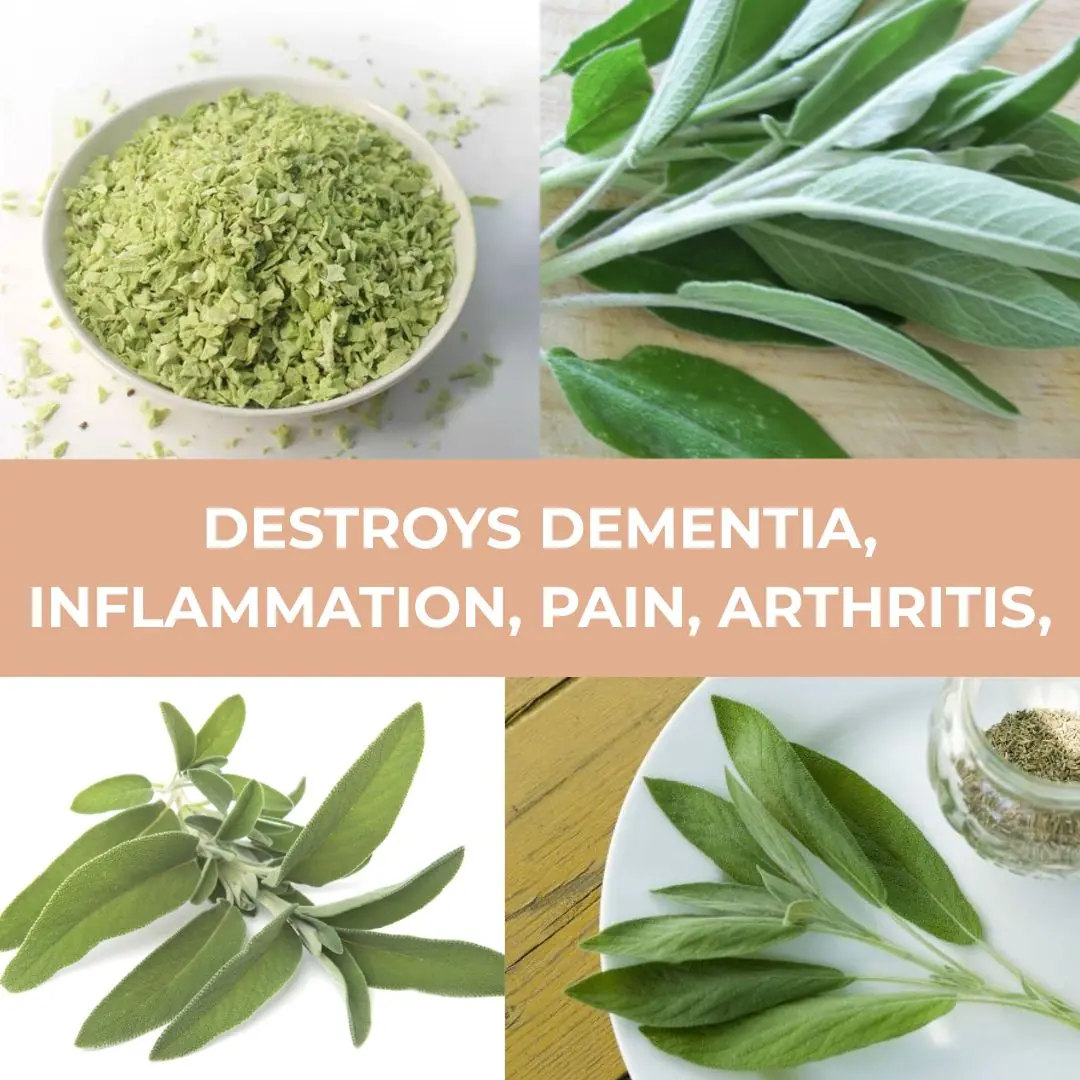
Sage: A Natural Remedy for Brain Health, Inflammation, and Joint Pain
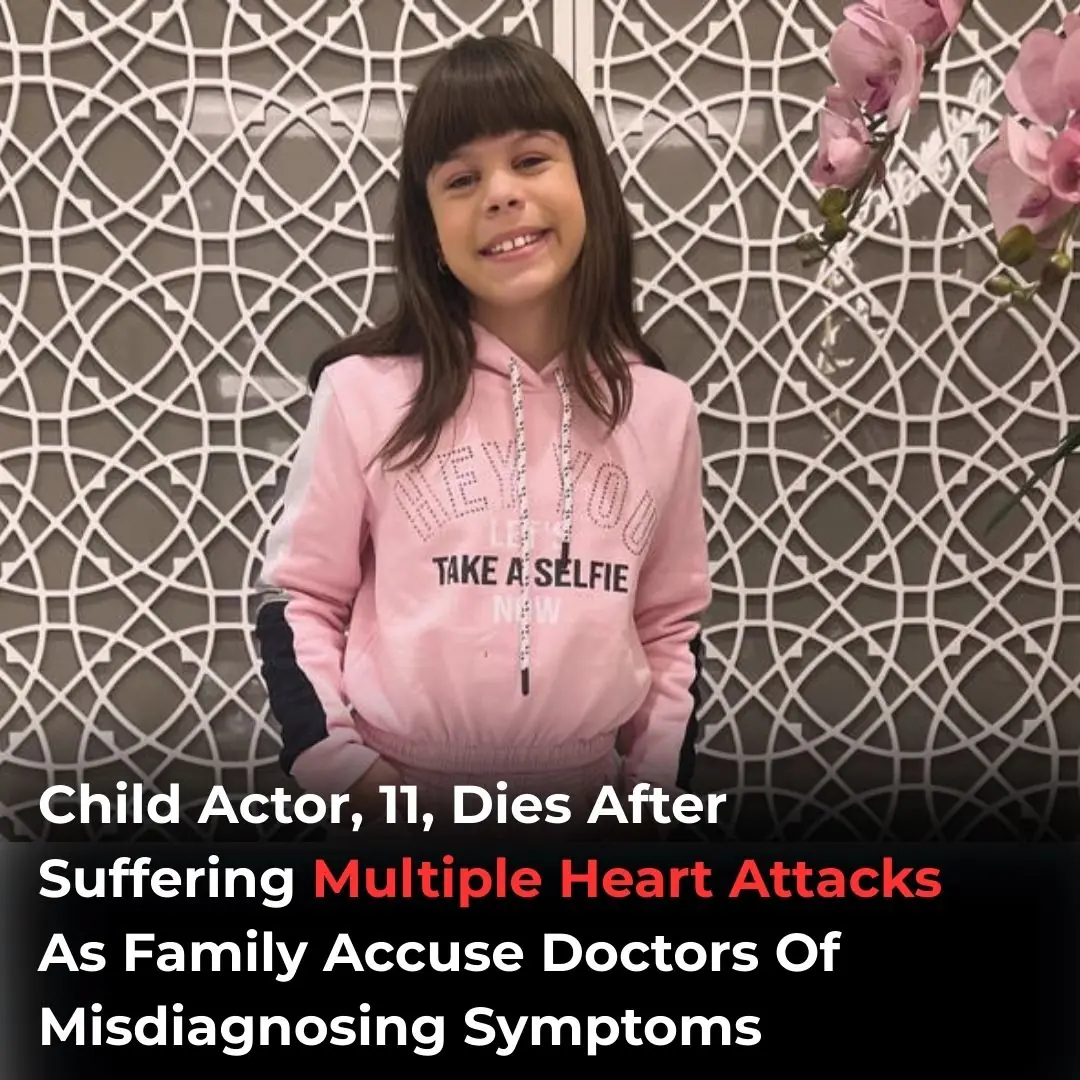
Child Actor Passes Away After Repeated Heart Attacks As Family Claim Doctors Failed To Diagnose Symptoms Correctly

Pregnancy Changes the Brain: How Motherhood Transforms the Mind

England Becomes First in Europe to Offer Cancer Patients a Fast-Track Immunotherapy Injection

4 types of people who should avoid eating cabbage

The #1 Anti-Cancer Food You're Not Eating (But Should!)

Discover the Untapped Potential of Chili Pepper Leaves: Nutritional Powerhouse for Your Health and Kitchen

Plantar Warts and Skin Tags Disappear Overnight with this recipe
News Post

Sleeping on your left side affects your health in ways you would have never thought

After Being Diagnosed With Dementia at 49, Man Realized The Subtle Red Flag in His Work That Made Him Realize Something Was Wrong

Astronomer Rides Simulation To The Edge Of The Universe—Chasing Light From The Big Bang

🌿 18 Reasons Why Oregano (Orégano Orejón) Should Be a Staple in Your Home

Controversial Inventor’s Mysterious Death Sparks Debate Over Alternative Energy Suppression

🌬️ Persistent Cough, Mucus Buildup, or Lung Congestion? Try This Powerful Natural Onion Remedy

4 common morning habits that may increase your risk of stroke

This Herbal Tea Can Help with Diabetes, Liver Health, High Blood Pressure, and Poor Circulation

🍹 Boost Your Body Naturally: 6 Juice Recipes for Common Health Issues

Man Dips Finger In Yellowstone Hot Spring, Accidentally Falls In And Dissolves Within A Day

Vitamin K Precursor Found to Target and Destroy Cancer Cells in Latest Research

Naturally Reverse Early Tooth Decay: 6 Proven Tips to Strengthen Enamel and Fight Cavities!

The Beauty Benefits of a Coffee and Vaseline Face Mask: A Natural Wrinkle-Reducer?

I always hated my father because he was a motorcycle mechanic, not a doctor or lawyer like my friends’ parents.

A STRANGER GAVE MY TODDLER $20 IN TARGET—AND THEN TOLD ME WHY

WOUNDED VETERAN STARTS PICKING UP TRASH—AND PEOPLE START WHISPERING BEHIND MY BACK

I GAVE A STRANGER MY BREAK TIME—AND PEOPLE STARTED WHISPERING

MY WIFE LEFT ME AND OUR TWO KIDS FOR A RICH MAN — WHEN WE MET AGAIN TWO YEARS LATER, KARMA HAD THE FINAL WORD
